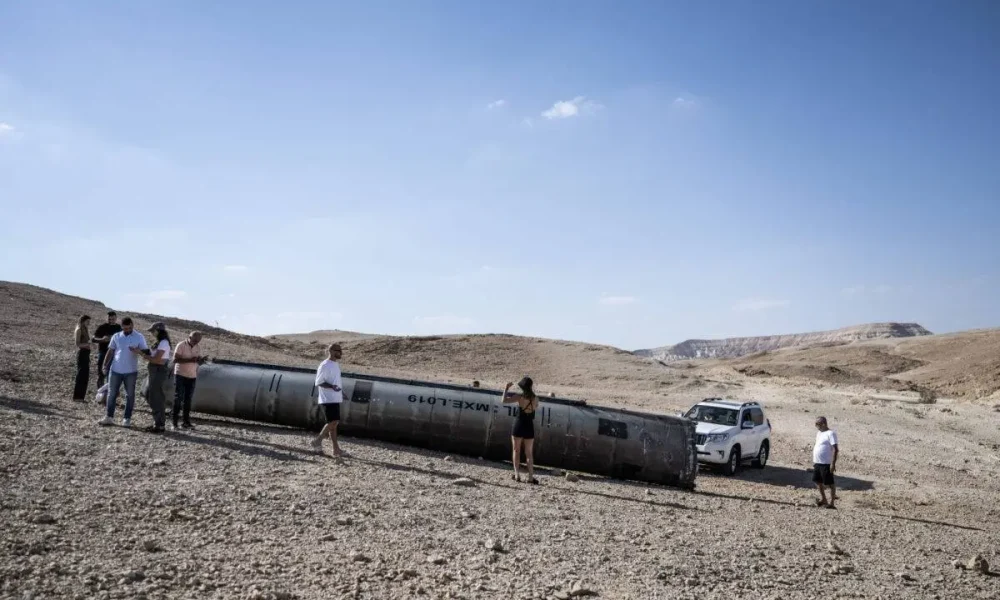Iran Rejects G7’s Statement on Israel Attack as Biased and Unfair
Iran has strongly criticized the Group of Seven (G7) for its statement condemning Tehran’s recent missile attack on Israel. Iran’s Foreign Ministry spokesperson, Esmaeil Baghaei, described the G7’s reaction as “biased and irresponsible” in a statement issued on Thursday. The statement comes amidst rising tensions in the Middle East, where both military and diplomatic responses have intensified.
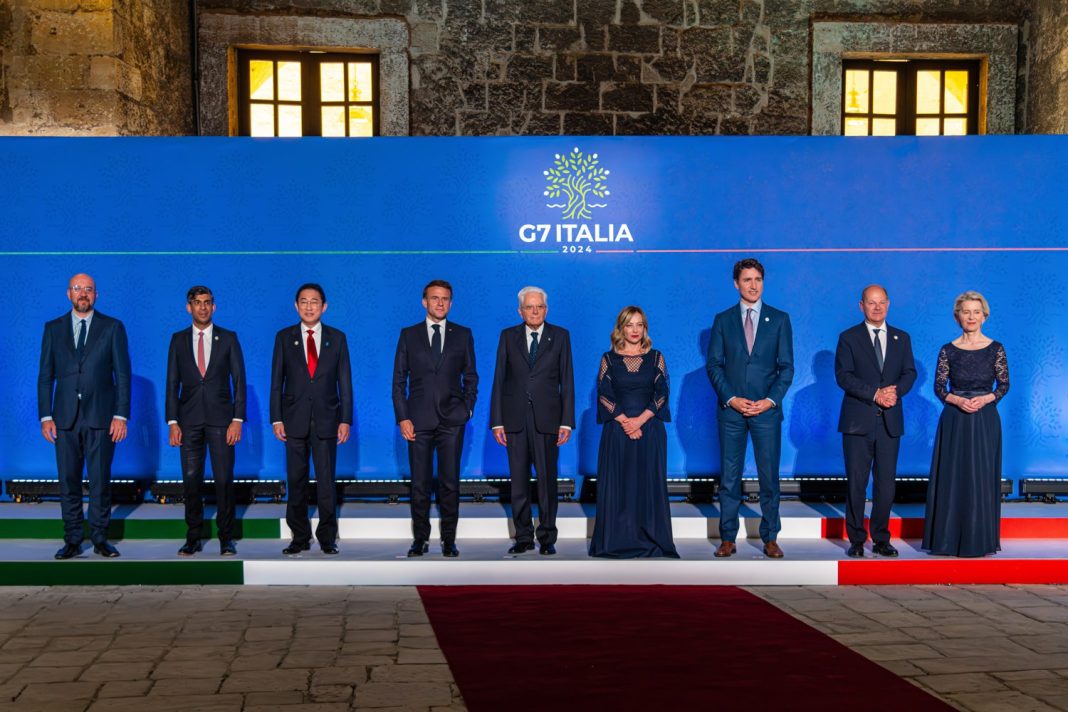
Iran Rejects G7 Statement on Israel Attack
On Tuesday, Iran launched over 180 missiles at Israel, justifying the action as retaliation for the assassination of militant leaders and continued aggression in Gaza and Lebanon. Iran rejects the G7 statement, claiming that the global group is ignoring the root causes of the conflict and siding with Israel in the ongoing crisis.
The Iranian government insists that its actions were in response to provocations, including an Israeli airstrike on Beirut that resulted in the death of Abbas Nilforoushan, a high-ranking commander in Iran’s Revolutionary Guards. This same airstrike also killed Hassan Nasrallah, the leader of Hezbollah, an Iran-backed Lebanese group. These events escalated tensions in the region, prompting Iran’s missile response.
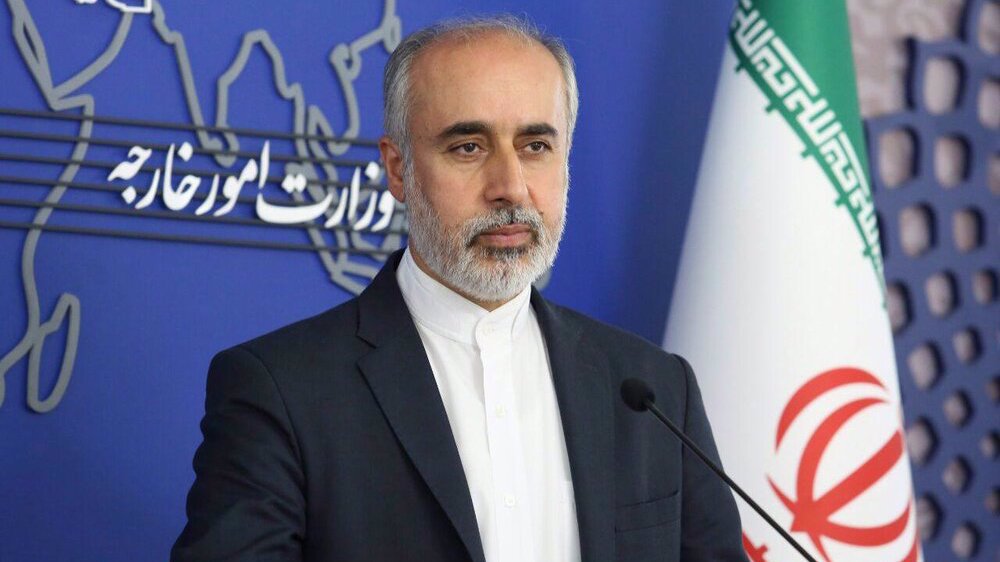
G7 Leaders Condemn Iran’s Actions
In response to Iran’s missile attacks, G7 leaders issued a statement on Wednesday, condemning Tehran’s actions. They expressed deep concern over the escalating violence in the Middle East, while also emphasizing the need for diplomatic solutions to prevent a wider regional conflict. Despite their condemnation, the G7 still advocated for peaceful negotiations, noting that a prolonged conflict would be harmful to all parties involved.
However, Iran rejects the G7 statement, accusing the group of failing to address the underlying issues of the conflict. The Iranian government points to the continuous Israeli military operations and argues that the G7 is ignoring Israel’s role in inflaming tensions.
Iran Criticizes Western Involvement
The Iran rejects G7 statement position is not limited to the missile attack alone. Tehran also criticized the broader role of Western nations, particularly the United States, in the region’s instability. According to Baghaei, the G7 countries, especially the U.S., are responsible for escalating insecurity and instability in the Middle East due to their military, financial, and political support for Israel.
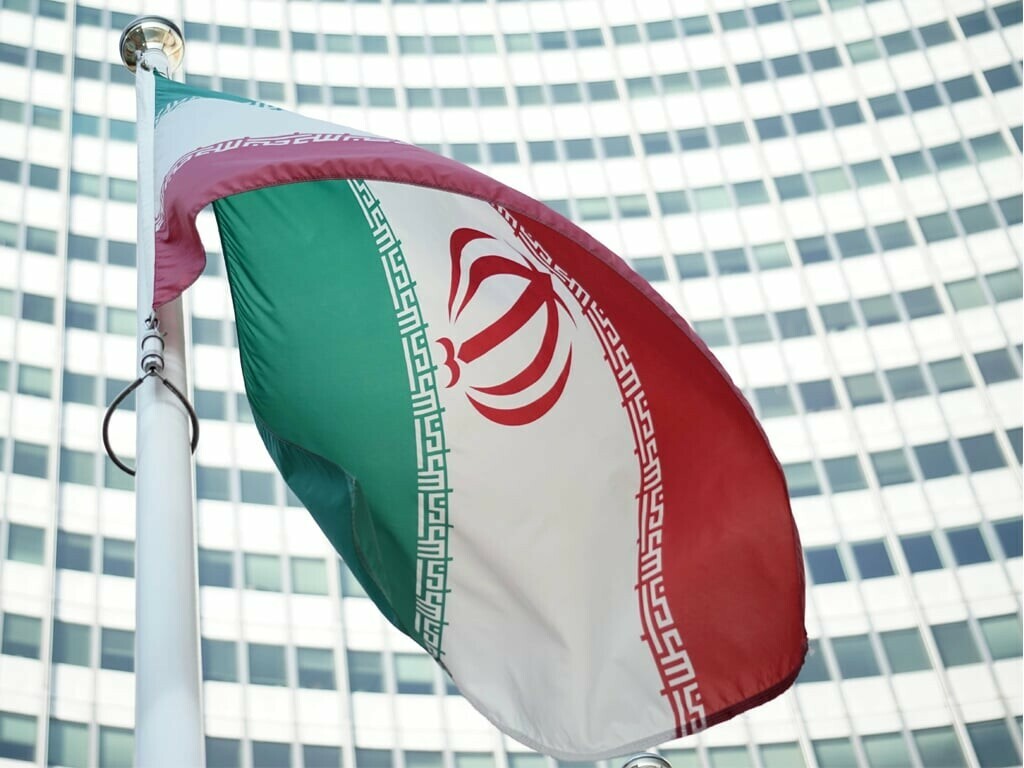
In the statement released by Iran’s Foreign Ministry, Baghaei said, “The G7 countries, and particularly the United States, bear a significant responsibility for the current crisis due to their support for Israel.” The ministry accused the G7 of ignoring the aggressive actions of Israel and instead placing undue blame on Iran for the conflict.
The Bigger Picture of Middle Eastern Tensions
The Middle East has been a flashpoint of conflict for decades, with ongoing disputes between Israel, Iran, and their respective allies. Iran has long accused Western powers of siding with Israel, while Western countries, including G7 members, view Iran’s military activities and support for groups like Hezbollah as destabilizing factors.
The Iran rejects G7 statement sentiment stems from Tehran’s belief that global powers have consistently overlooked Israel’s military actions while condemning Iran for its responses. Iran views itself as defending its allies and interests in the region, particularly in Lebanon, Gaza, and Syria.
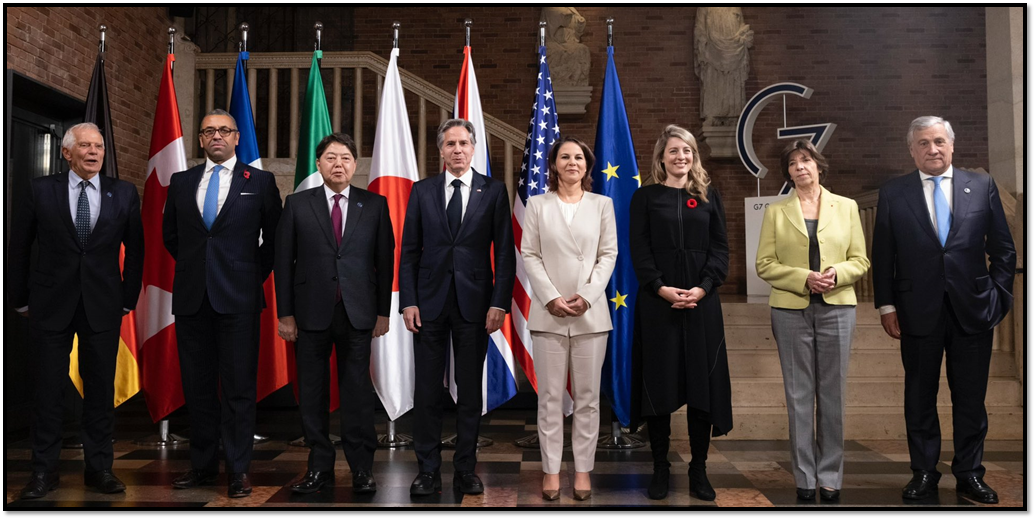
G7’s Call for Diplomacy
While Iran rejects the G7 statement, the group remains hopeful for a peaceful resolution. The G7 leaders emphasized the importance of diplomacy, stating that a region-wide conflict is not in anyone’s interest. The G7 acknowledged the severity of the situation but called on all parties to pursue negotiations and reduce hostilities.
Despite this, Tehran remains skeptical of the G7’s stance. Iran believes that the group’s calls for diplomacy lack genuine balance and do not address the role of Israel in the ongoing violence. As Iran rejects G7 statement, it continues to call out the perceived one-sidedness of international responses to the Middle Eastern crisis.
Iran’s Response to Criticism
In the face of the G7 condemnation, Iran remains firm in its stance. The Iran rejects G7 statement message highlights Tehran’s frustration with what it sees as global double standards. Iranian officials have reiterated their commitment to protecting their interests and allies in the region, particularly in the face of what they perceive as ongoing Israeli aggression.
In the words of Esmaeil Baghaei, the G7 is “irresponsible” in its approach to the Middle Eastern conflict. He argues that by blaming Iran for the escalation without holding Israel accountable, the G7 is only contributing to further instability.
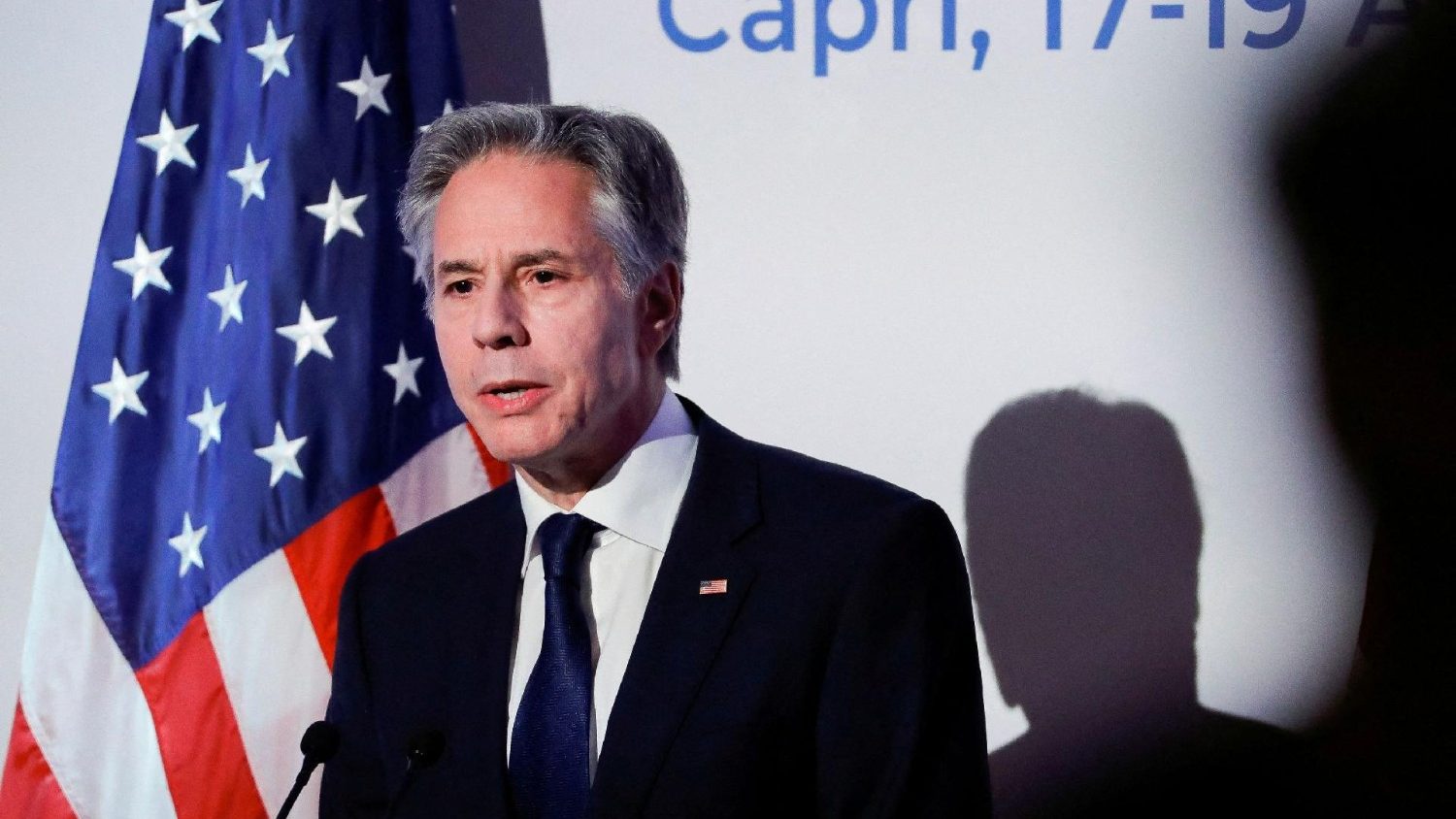
Future Outlook: Will Diplomacy Prevail?
As tensions continue to rise, it is unclear whether diplomatic efforts will succeed in de-escalating the situation. While the G7 is calling for negotiations, Iran rejects G7 statement by arguing that without a balanced approach, diplomacy will not be effective. Iran insists that for peace talks to work, all sides, including Israel, must be held accountable for their actions.
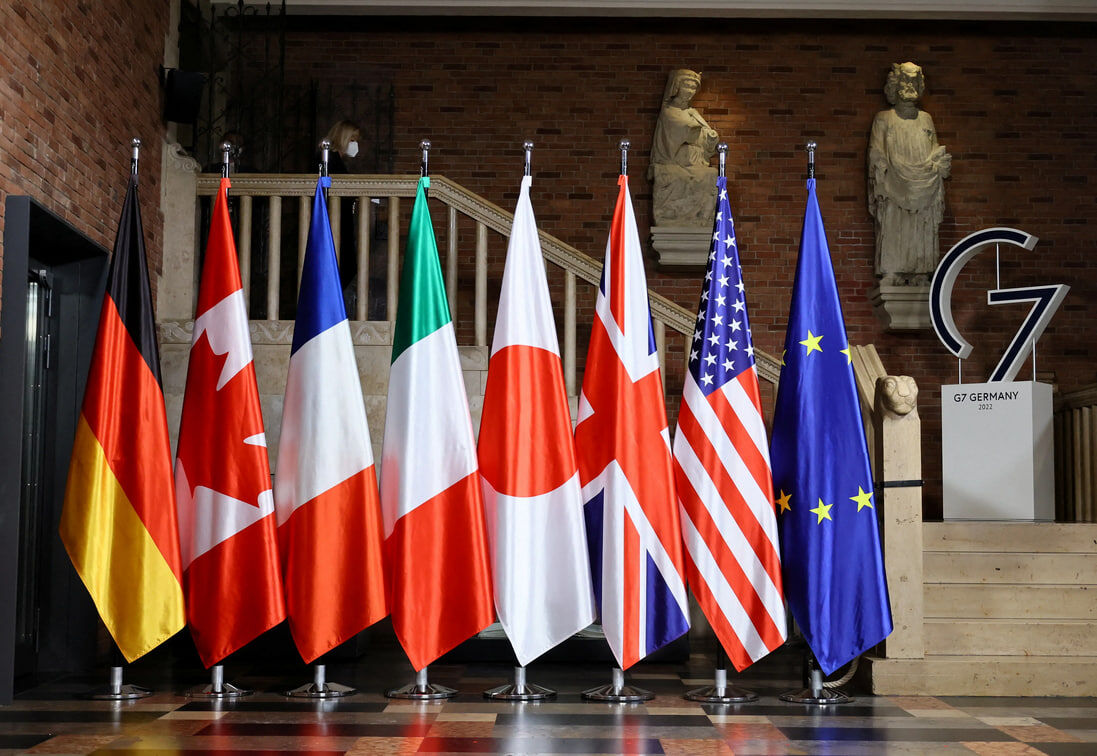
Conclusion
The Iran rejects G7 statement story is a reminder of the complexity of Middle Eastern politics. Iran sees the G7’s response as biased and one-sided, blaming the West for its unwavering support of Israel. As the situation continues to evolve, it remains to be seen whether diplomatic efforts will succeed in bringing peace to the region or if further military escalations are on the horizon.
If you have any news which you want to share, you can send us, we will post it on our platform Click here
Panjabi, Bollywood, Hollywood (English & Dubbed) movies online, Click here


